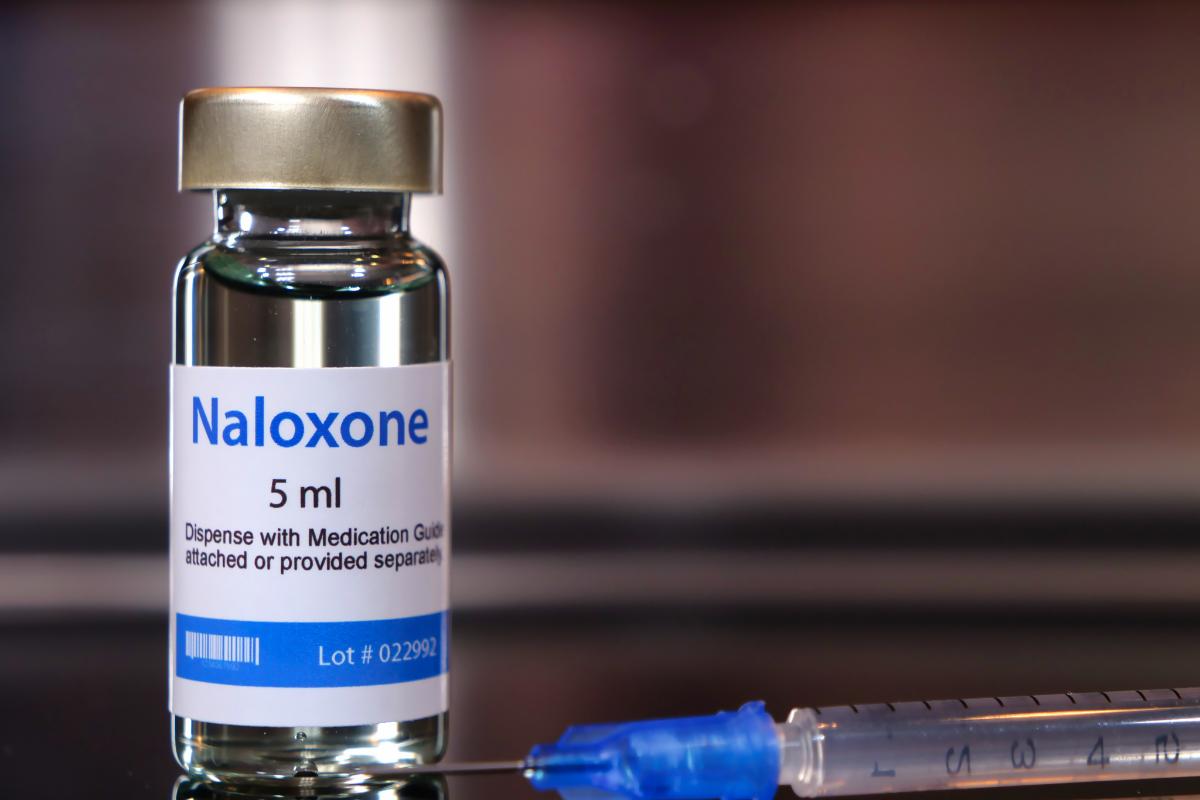Opioid overdose is one of the leading causes of most overdose cases in the U.S. A naloxone treatment is the best way to stop the effects of the overdose. The fast-acting naloxone treatment can be administered through injection or nasal spray (NARCAN®) when medical assistance isn’t around.
At Colorado Medication Assisted Recovery, we are available to assist you with your naloxone treatment and prepare you for a potential overdose. If you or someone you know struggles with addiction, please call 833.448.0127 to speak with a therapist to learn more about how naloxone for overdoses is an effective treatment.
How Does Naloxone Help Someone Who Is Overdosing?
Naloxone is an opioid antagonist. When injected, the naloxone binds with the opioid receptors and blocks the effects of the opioids. It can restore normal breathing, heart rate, blood pressure and stop the pleasurable effects that can lead to addiction. The effects are nearly instantaneous and can help the patient survive until medical assistance arrives.
You may experience some side effects after your naloxone treatment, which are relatively mild, including:
- Injection site soreness
- Sweating
- Hot flashes
Some people can experience more severe side effects with an opioid overdose that may include:
- Hallucinations
- Seizures
- Loss of consciousness
Naloxone treatments can last up to 60–90 minutes and are designed as a temporary fix to give you time to seek medical treatment.
Why Should You Be Prepared for an Opioid Overdose?
Opioid addiction can happen to anyone. These drugs are highly addictive and can easily lead to physical dependence. The majority of opioid overdoses occur in men and women between 45 and 49 and follow a doctor’s prescription.
Here are some of the more common reasons for an opioid overdose:
- Incorrect dosage due to multiple prescriptions/doctors
- Patients recovering from medical surgery after an overdose
- Chronic pain relief
- Former opioid detox patients with a high risk of relapse
- Previous users with lower tolerances
If you care for someone taking opioids for pain relief or other reasons, it is wise to have naloxone nearby.
How to Recognize Signs of an Overdose Before It’s Too Late
Opioid abuse is so high because of the intoxicating and pleasurable effects that opioids provide. Someone can think if they double or triple their prescription, they will feel that much better. It is crucial to follow the prescription exactly, or you may begin to feel some of the following precursors to an overdose:
- Intoxication
- Slurred speech
- Mental confusion
- Drowsy or trouble staying awake even in loud environments
If someone you love is at this stage, keep a close eye on them to see if the symptoms worsen. Opioids affect the part of the brain that regulates breathing, and you may think someone is just sleeping it off when they are struggling to breathe or have stopped altogether. As the overdose worsens, so do the symptoms such as:
- Pale and clammy skin
- Fingernails and lips turn blue
- Unable to wake even when shook or pressed down on the chest
- Pupils are tiny and do not react
- Shallow breathing and heartbeat
Give them a naloxone treatment and call 911 immediately if the symptoms have progressed and you cannot revive them. Even after receiving a naloxone treatment, they can still be in danger depending on the severity of the opioid overdose.
Learn More About Naloxone Treatment at Colorado Medication Assisted Recovery
If you or someone you know is currently prescribed an opioid medication and has a history of addiction, be prepared for an accidental opioid overdose by understanding how naloxone can help save a life.
We will make sure you understand your naloxone treatment and answer all of your questions about opioid overdose. Call 833.448.0127 today to talk with one of our therapists about using naloxone for overdoses.

















